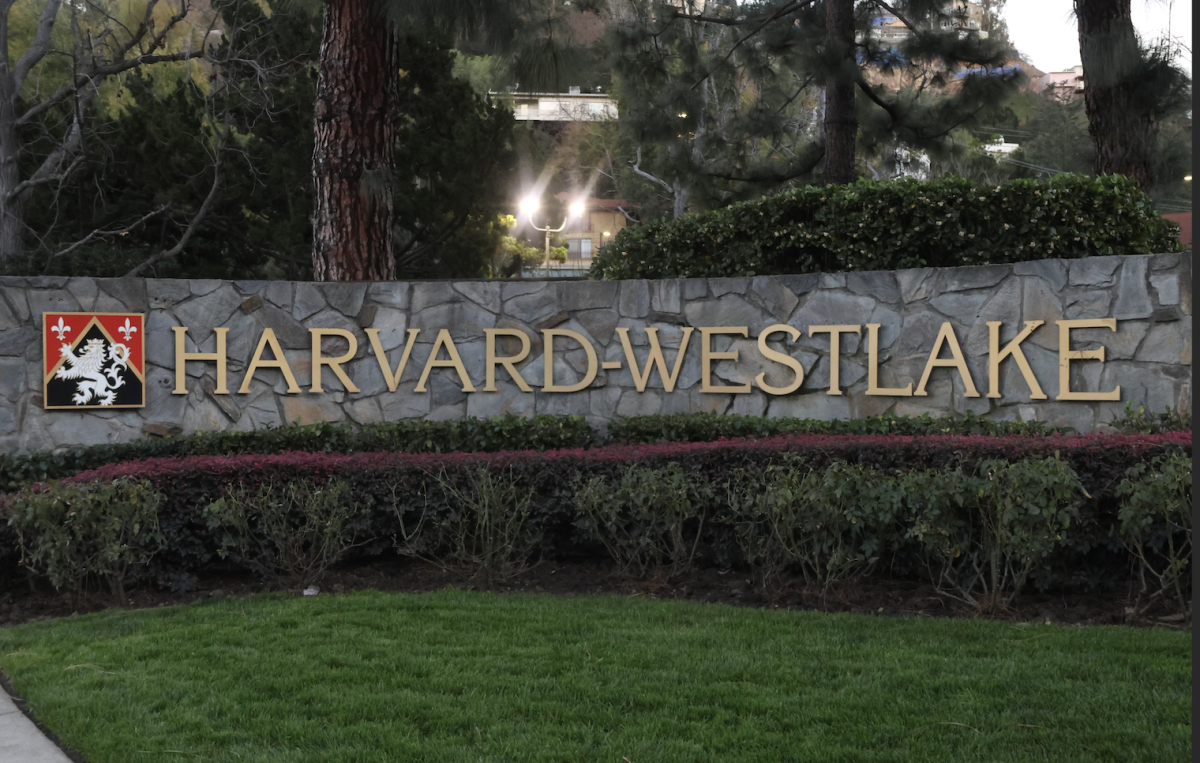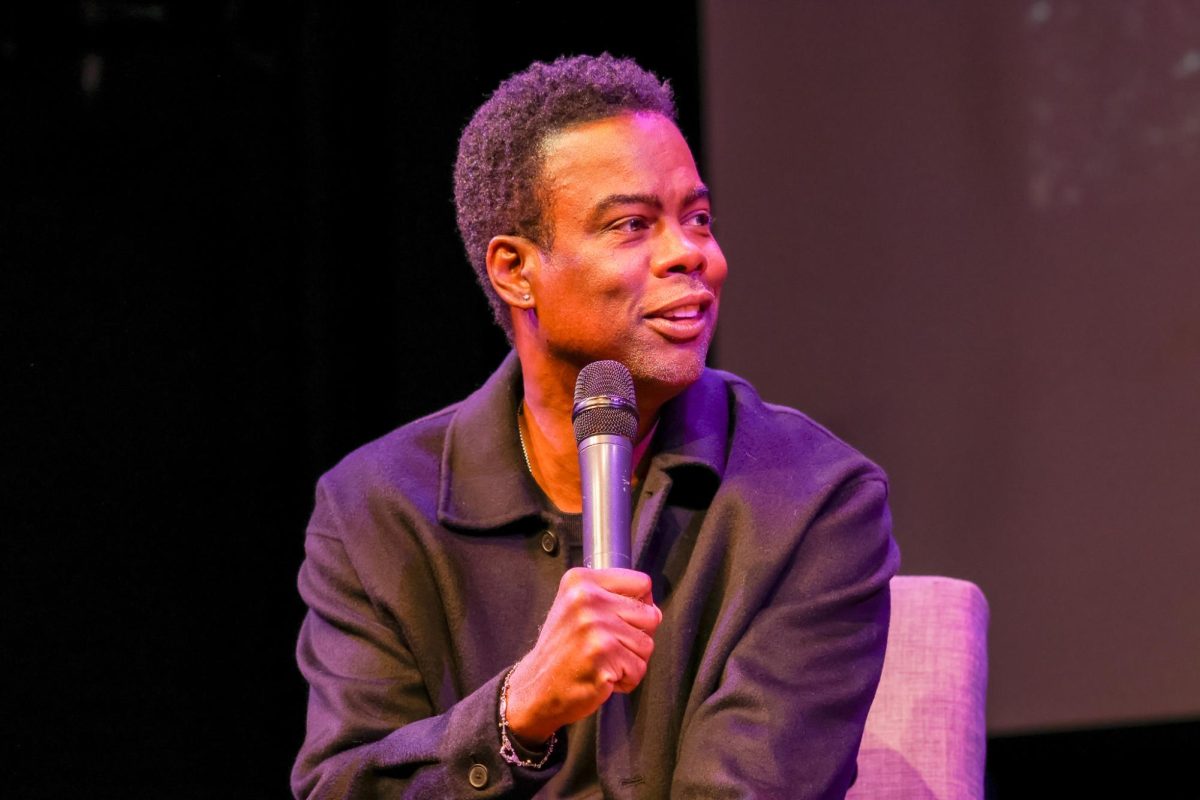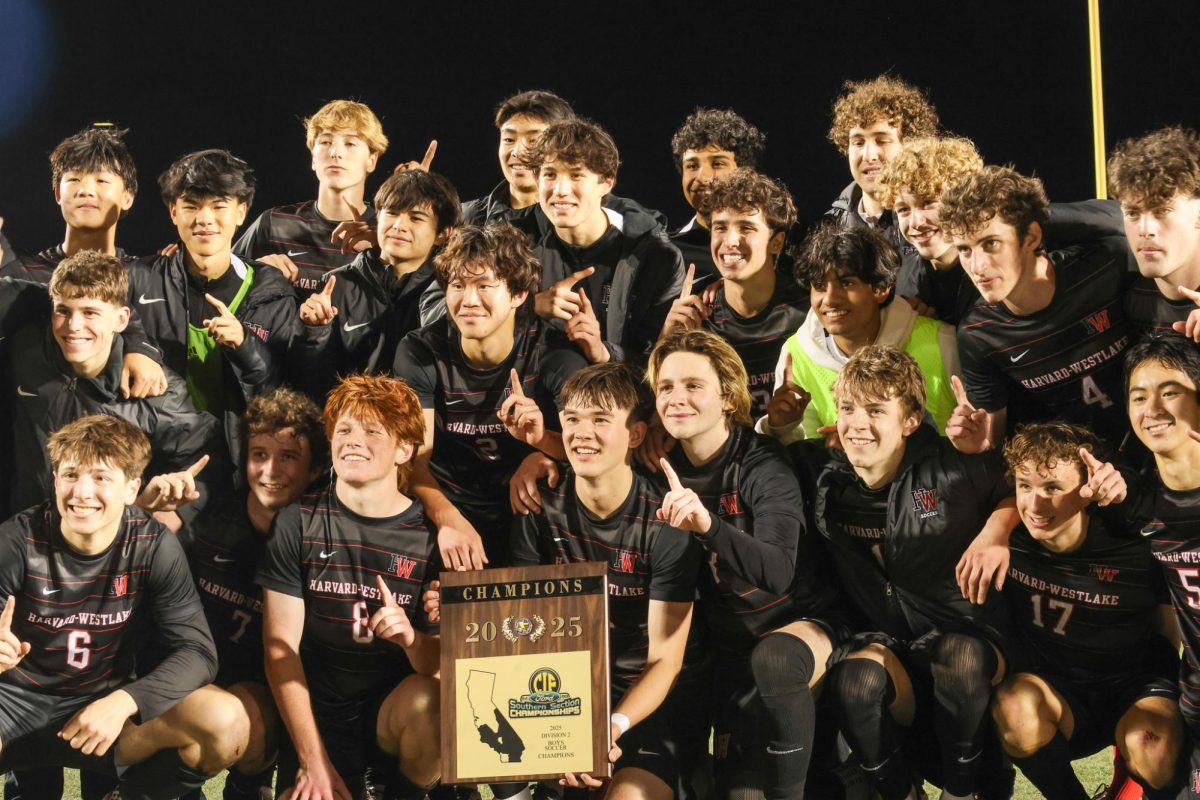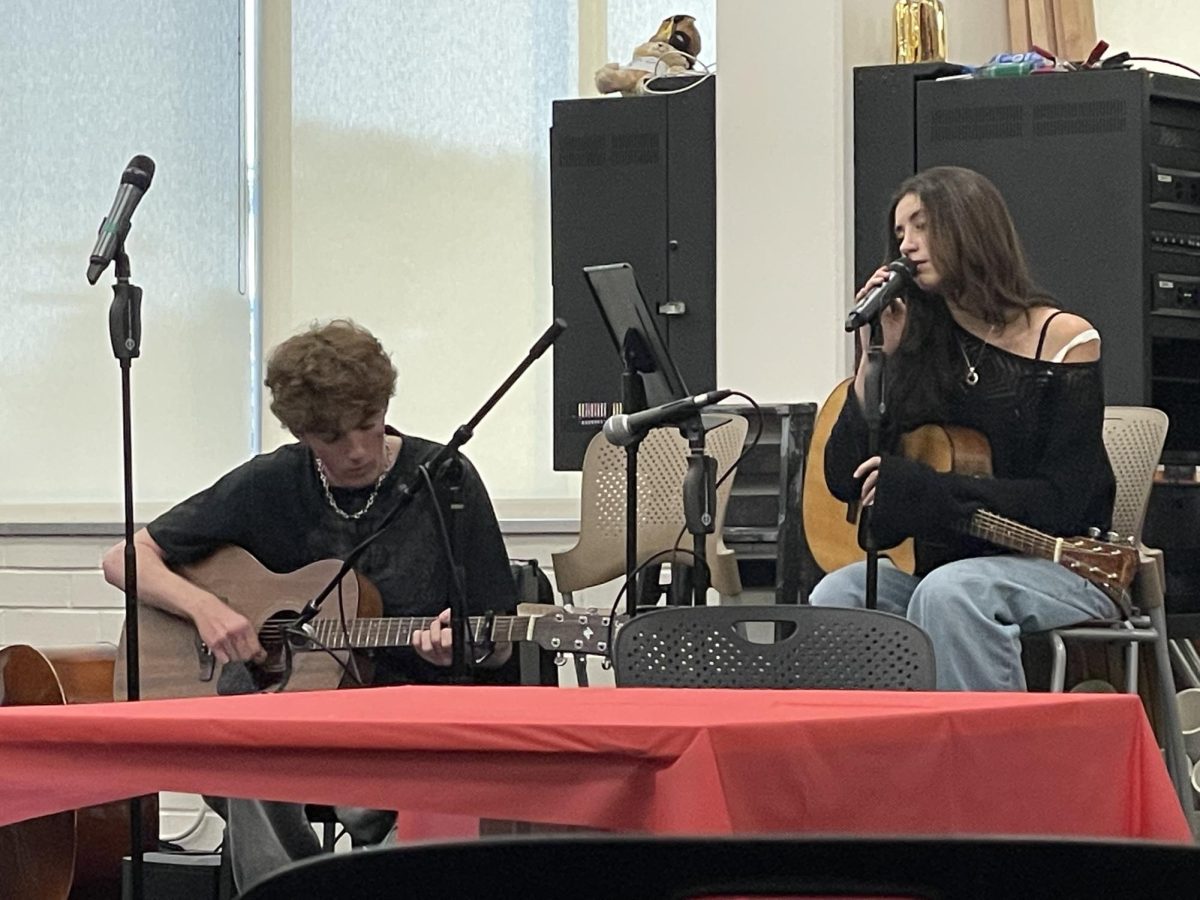Peter Sheehy (Will ’22, Tate ’24) joined the history department this year to teach Advanced Placement United States History and Advanced Placement Government.
Sheehy holds a bachelor’s degree in history from Columbia University and a doctorate in United States history from the University of Virginia. He previously taught social studies at Horace Mann School and Rutgers University in New York.
Since relocating to Los Angeles, Sheehy has taken a break from teaching. In the meantime, he assumed leadership positions on two school boards, serving in public education and co-directing a non-profit organization called KidUnity.
KidUnity was established to help students get involved in community service and civics by initiating projects like packaging food for the homeless, running Zoom book clubs and organizing tutoring sessions for underserved students. Sheehy said he hopes to get students to take action in the program this year.
Sheehy speaks about his experiences with teaching history
Sheehy said in high school that he had a history teacher who changed his view about the subject. His teacher kindled his interest in giving voices to people who have traditionally been oppressed in the past. The teacher pioneered a Black history course, which was generally not a part of regular history discussions at the time .
“We had a full year of Black history, and I thought learning stories and narratives that were really outside of the mainstream at that time was really fascinating to me, so I began to be really interested in how stories are told and how narratives are constructed and how the American identity is created,” Sheehy said.
Because of his teacher, Sheehy said he tries to incorporate the same technique of sharing different perspectives into his own classroom environment. He also includes creative exercises that play with different primary sources to get students to better understand the material.
“I am always trying to be conscious of including voices that provide new perspectives on the American story,” Sheehy said. “Of course, with this moment that we are in, one of the most important civil rights movements for America and for the world is going to amplify the importance of Black history. [Uplifting underrepresented voices] has always been central to my approach, but also looking at other voices, like Indigenous people, women’s history, LGBT stories, and all of that needs to be woven into kind of a fabric of history that we tell in class.”



































